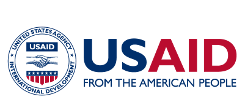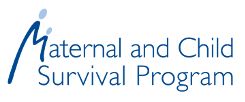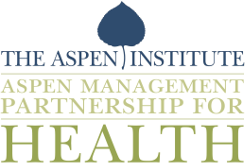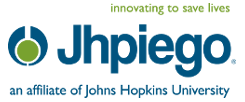Advancing community health is central to achieving sustainable development and universal primary healthcare. The foundations of community health within the context of primary health care are increasingly recognized as crucial components of national policies and strategies to accelerate progress in health. We need to further integrate community health approaches into national and local health policy and systems in order to achieve the Sustainable Development Goals and the implementation of the new UN Global Strategy for Women’s, Children’s and Adolescents’ Health.
From 27-30 March 2017, the U.S. Agency for International Development (USAID) and the United Nations Children’s Fund (UNICEF) in collaboration with the World Health Organization (WHO), The Bill and Melinda Gates Foundation, and USAID’s flagship Maternal and Child Survival Program (MCSP), hosted a conference focused on supporting countries to strengthen partnerships with communities as resources to transform the future and ensure that every mother, newborn, and child not only survives, but thrives. The four-day conference, held at the Birchwood Hotel & OR Tambo Conference Centre in Johannesburg, South Africa, mobilized government officials, civil society leaders, policymakers, sub-national managers and practitioners, private sector, bilateral and multilateral organizations, and researchers.
In all, nearly 400 people from 45 countries attended the conference, including 23 country delegations from: Bangladesh, Benin, Burundi, Burkina Faso, Cameroon, DRC, Ethiopia, Guinea, Haiti, India, Kenya, Liberia, Madagascar, Malawi, Mali, Mozambique, Niger, Nigeria, Rwanda, Senegal, Sierra Leone, Togo, and Uganda.
The Institutionalizing Community Health Conference focused on:
- Sharing state-of-the-art lessons and experience;
- Enabling country stakeholders to share progress and identify solutions to persistent challenges;
- Informing national policies and plans though evidence, success, and adaptive learning; and
- Engaging communities as dynamic resources and agents within national and local systems.
Outcomes of the conference included:
- Advancing the understanding of the opportunities and challenges – financial and human resources, programmatic, socio-political – for institutionalizing viable and resilient platforms for community health investments;
- Learning from community health programs in diverse systems contexts, with documented processes and impact on comprehensive RMNCAH issues;
- Forging new and strengthening existing partnerships between governments, civil society (i.e. international and local NGOs, professional associations, academia), private sector, and other relevant development partners, to leverage new resources and achieve results with equity, shared accountability, and national ownership;
- Developing country-specific action plans for addressing priority issues/challenges to guide country action and harmonize donor support around those actions; and
- Prioritizing learning themes within and across countries towards a comprehensive learning agenda to inform community health policies and programs.

















